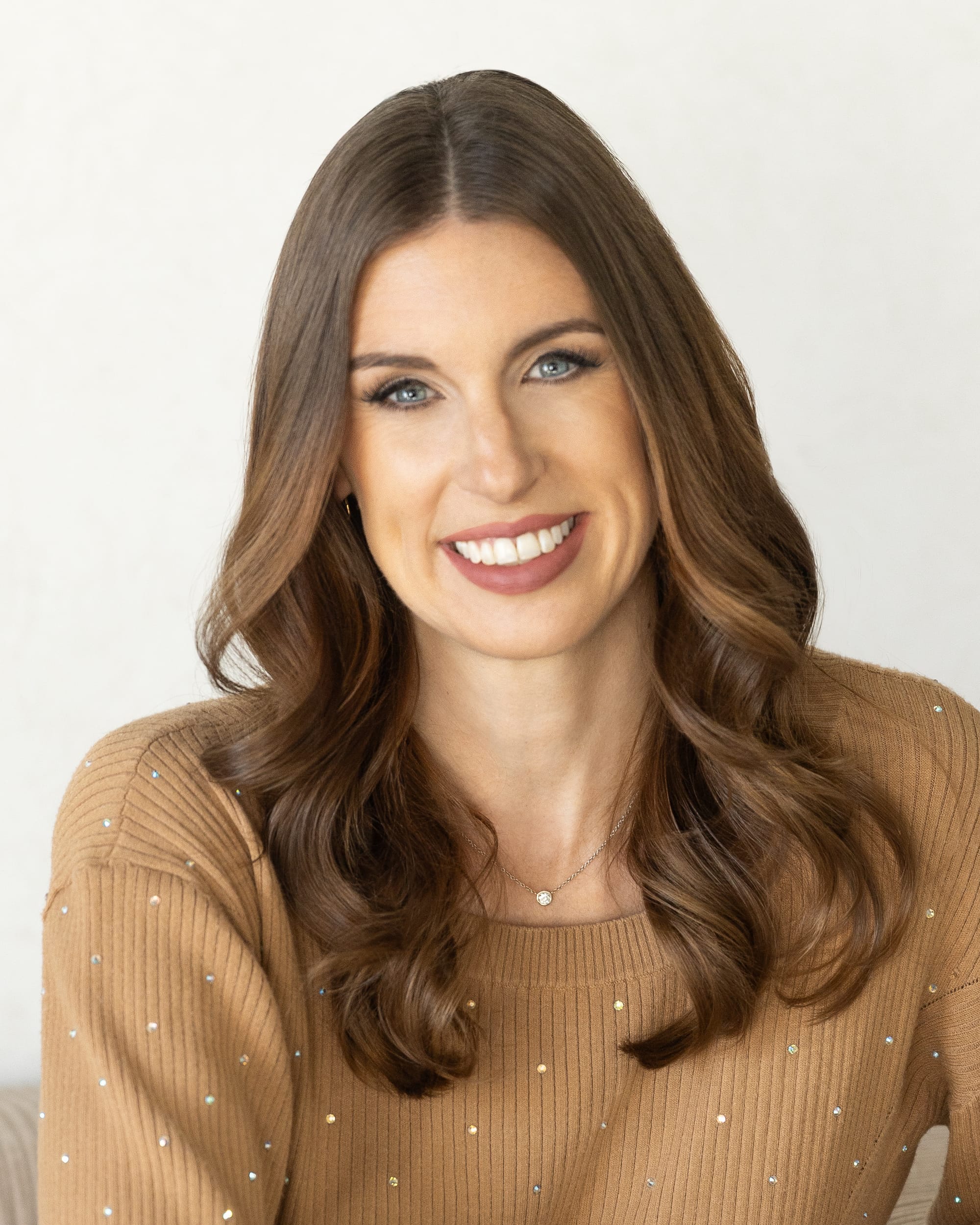Why I Let Go of My CLU and CHS Designations — And Why I'm Better for It

By Andrea Thompson, CFP, CRPC (US), CCS
When I first entered the financial industry as a young woman, I felt like I had something to prove.
In an industry historically dominated by experience and traditional credentials — and let's be honest, by older men — I believed that accumulating letters behind my name would somehow validate me. I remember one specific meeting when I was in the earlier days of my career. I came in to meet with the client (I had prepared everything for that client), only to have him look over my shoulder and say, "Where's your dad"? That was a 'moment' for me.
As well, at many industry conferences, there was the ongoing reminder of 'not being enough', even by my peers. I wasn't being sought out to have conversations on my professional points of view on financial planning - but moreso to be flirted with (after much alcohol had been consumed, in many cases). I felt like meat. Not a peer. A token female. It was demoralizing.
Therefore I sought out to 'armor myself' with credibility for both clients and peers - with designations. I committed countless hours (and dollars) to obtaining them. I attended weekend classes, studied late into the night, and proudly added "CFP, CLU, RHS, CDFA" to my email signature before age 30. I even added H.B.Sc because I earned that too. It felt good, at first. It felt like I was making myself undeniable. I was proud of myself. I felt, finally - 'good enough'.
Over time, it became clear that these particular designations weren’t actually adding value — not for my clients, and not for my business.
The Illusion of Validation
As I grew more confident in my skills and experience, I realized the real validation came not from the alphabet soup after my name, but from the trust and relationships I built with clients. They weren't asking me what designations I had; they were asking me to help solve real problems. They were seeking clarity, empathy, and good advice — not a credentials checklist.
What truly mattered were my communication skills, my judgment, and my ability to tailor financial solutions to individual needs. No client has ever said, "I'm working with you because you have a CHS designation." Not once. CFP designation? Definitely a different story. Not every designation has the same weight.
The (Nil) Value-Add
When I assessed the ongoing costs — in time, tracking continuing education requirements, and money — the CLU and CHS no longer made sense. The content wasn't evolving meaningfully. It wasn’t making me better at my vocation. I was no longer in the insurance industry. I wasn't getting any value-add from the organization that I was paying to 'maintain' these designations. It wasn't keeping me sharp the way other professional development opportunities do.
To be frank: maintaining them felt like an exercise in vanity, not strategy.
The Strength of the CFP Designation
If there is one designation that has truly anchored my professional development and enhanced my ability to serve clients, it’s the Certified Financial Planner (CFP) designation. Unlike others, the CFP is universally recognized and respected by both industry professionals and the public. It represents a deep and broad knowledge base — from retirement and estate planning to tax strategies and ethical client care.
Maintaining my CFP forces me to stay current, strategic, and deeply client-centered. It signals to clients that not only do I have technical expertise, but I’ve also committed to a fiduciary standard that puts their interests first. In a sea of financial titles, the CFP designation stands out as a mark of real, enduring value.
A Different Kind of Professional Growth
Letting go of these designations was not a decision I made lightly. I wrestled with it for months. There was a fear: Would I look "less" professional? Would peers judge me?
But what I found was freedom. Dropping the CLU and CHS freed me to focus my energy on what truly matters: deepening my expertise in areas that actually impact my clients' lives, growing my practice authentically, and staying agile in an industry that is changing faster than ever.
Today, I invest my learning time into areas that are dynamic and client-focused. I did a fantastic 3 day crash course on behavioural finance with Ashley Quamme. The cross border taxation course from the Knowledge Bureau was invaluable. The FPAC monthly events are invaluable.
Final Thoughts
If you're early in your career and feel the same pressure I once did, know this: you are enough. Your value is not defined by how many acronyms trail your name. It's defined by your commitment to your clients, your integrity, your curiosity, and your professionalism.
For me, letting go of the CLU and CHS designations wasn't stepping back. It was stepping up — into the kind of advisor, and the kind of woman, I truly want to be.



Discussion